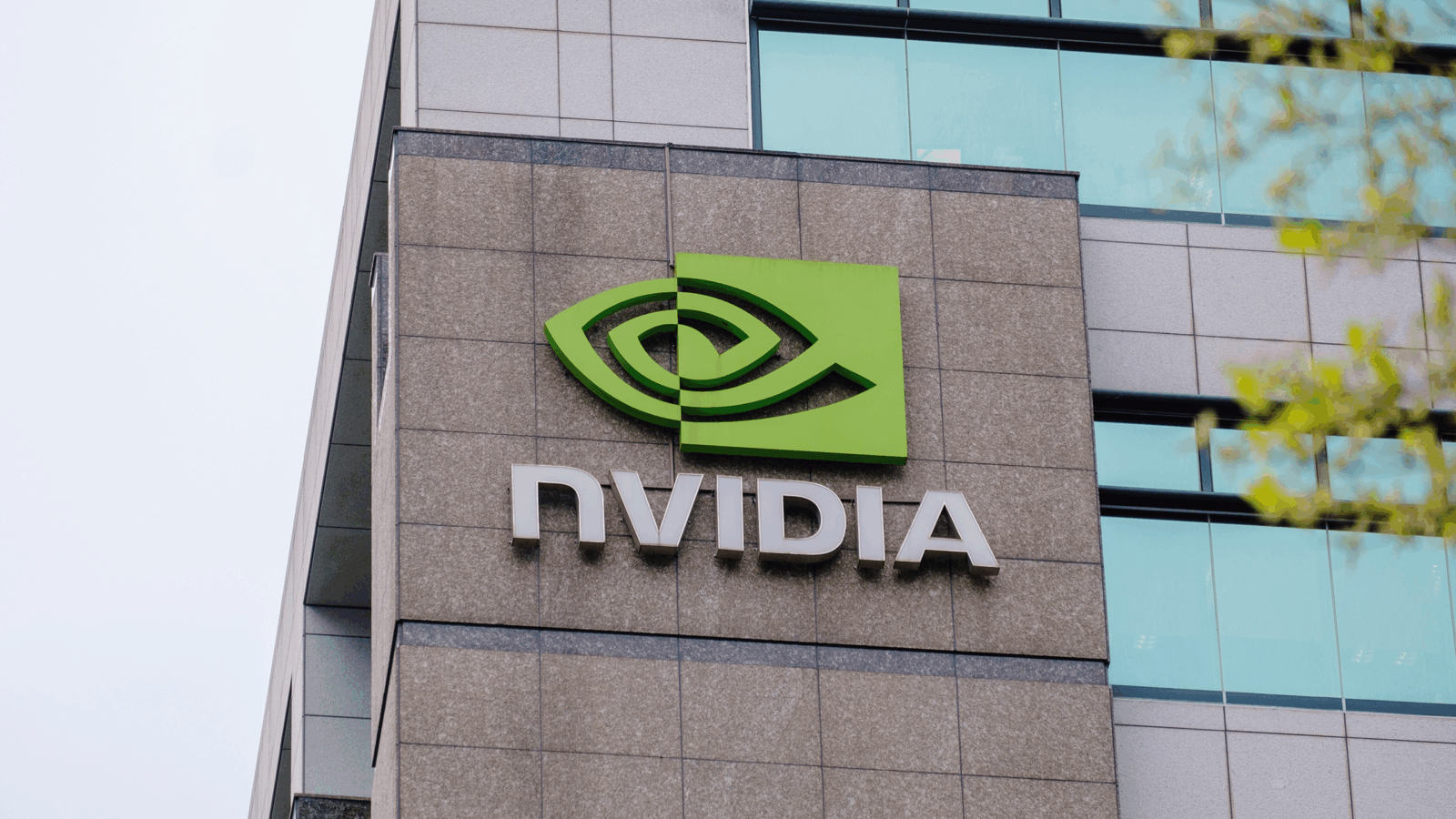
Sign up for smart news, insights, and analysis on the biggest financial stories of the day.
If billion-dollar tech startups have gone from ultra-rare unicorns to overpopulated invasive species, then 2022 may mark the start of open hunting season.
Just like public company big brothers such as Meta, Alphabet, and Amazon face major stock slumps to begin the year, venture-backed private tech startups are seeing the valuation of their shares sink in private trading.
Silicon Peaks and Valleys
In 2020, startups proved to be the winner of the pandemic, scoring a record $166 billion in funding, according to Pitchbook data. Last year, startups not only surpassed that record, but nearly doubled it, raising nearly $330 billion, according to Pitchbook, and minting a record 340 new unicorns along the way.
But what goes up must come down. Market volatility is spooking investors, creating a chasm between prices sought by buyers and sellers and prompting a steep sell-off, and startups are beginning to feel the sting:
- Zanbato, a private share trading platform, says its index that tracks over 100 of the most widely traded private companies just posted its first negative quarter since early in the pandemic, the platform told the Financial Times.
- Forge Global, a major venue for trading in private startups, told the FT prices of companies on its platform plummeted nearly 20% in February and March compared to the final quarter of 2021.
For reference, the tech-heavy Nasdaq Composite index is down roughly 15% so far this year, while Cathie Wood’s slavishly tech-devoted ARK Innovation ETF is down an eye-watering 38% so far in 2022, and down over 50% in the past 12 months.
The Silver Lining?: Where one man sees disaster, another may see opportunity. While venture capitalists are slowing dealmaking in comparison to last year, investment activity is still above historical norms. “We see this as an opportunity,” Hans Swildens, chief executive of the private secondary trading market-focused Industry Ventures, told the FT. “You want to buy when the market is down.”











